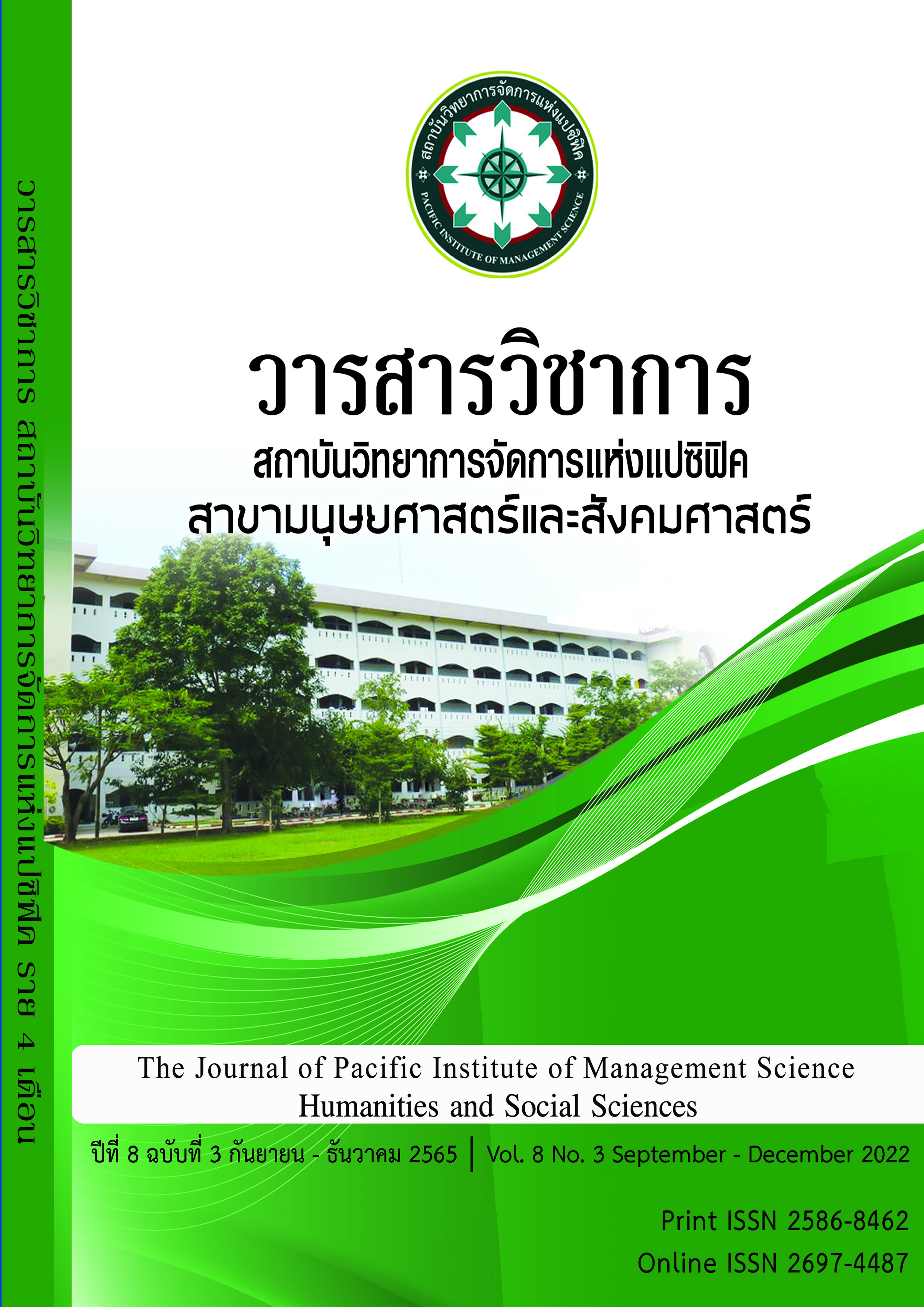The Development of Methods for Class Scheduling University of Phayao
Keywords:
class scheduling, academic staffsAbstract
The study of Development of Methods for Class Scheduling University of Phayao The objective of this study are: 1) to investigate the problems of class scheduling 2) to develop the process and method of class scheduling 3) to asses the satisfaction of academic staffs from the University of Phayao towards class scheduling. The sample group consists of 280 academic staffs from the University of Phayao.The instrument used for this study is a questionnaire. The findings indicate that the academic staff from the University of Phayao desire most to do class scheduling on Mondays between
the time from 08:00-12:00 a.m. The desired period for doing class scheduling are 3 hours per day and 3 days per week. The satisfaction assessment results of class scheduling in terms of place, classrooms and facilities were at the high level.
References
เกียรติสุดา ศรีสุข. 2552.ระเบียบวิธีวิจัย. โรงพิมพ์ครองช่าง. เชียงใหม่.
วีณา พรหมเทศ. 2548. การประยุกต์ใช้จีเนติกอัลกอริทึมในการจัดตารางสอน. มหาวิทยาลัยนเรศวร. พิษณุโลก.
สิิริลักษณ์ จุณณทัศน์และพยุง มีสัจ. 2548. การจัดตารางสอนโรงเรียนด้วยขั้นตอนวิธีเชิงพันธุกรรมแบบหลายจุดประสงค์. รายงานการวิจัย. มหาวิทยาลัยเชียงใหม่. เชียงใหม่. [Online]. Available: http://it.kmutnb.ac.th/teacher/phayung/readjournal[a].asp?id=61. 2548.
สุนทรพจน์ ดำรงพาณิช. 2553. สถิติที่ใช้ในการวิเคราะห์ข้อมูล. มหาวิทยาลัยมหาสารคาม. กาฬสินธุ์.
สุจรรยา แก้วพรายตา และวนิดา รัตนมณี. 2560. การแก้ปัญหาการจัดตารางสอนที่มีนักศึกษาหลายคณะเรียนร่วมกันโดยประยุกต์ใช้วิธีการทางเจเนติกอัลกอริทึม. ภาควิชาวิศวกรรมอุตสาหการ คณะวิศวกรรมศาสตร์ มหาวิทยาลัยสงขลานครินทร์.
เอกสิทธิ์ คลังเงิน. 2550. ระบบจัดตารางเรียนตารางสอน กรณีศึกษาภาควิชาวิทยา. วิทยานิพนธ์ปริญญามหาบัณฑิต. มหาวิทยาลัยเทคโนโลยีพระจอมเกลาพระนครเหนือ. กรุงเทพมหานคร.
Downloads
Published
Issue
Section
License
Copyright (c) 2022 Pacific Institute of Management Science

This work is licensed under a Creative Commons Attribution-NonCommercial-NoDerivatives 4.0 International License.
บทความที่ได้รับการตีพิมพ์เป็นลิขสิทธิ์ของ สถาบันวิทยาการจัดการแห่งแปซิฟิค
ข้อความที่ปรากฏในบทความแต่ละเรื่องในวารสารวิชาการเล่มนี้เป็นความคิดเห็นส่วนตัวของผู้เขียนแต่ละท่านไม่เกี่ยวข้องกับสถาบันวิทยาการจัดการแห่งแปซิฟิค และคณาจารย์ท่านอื่นๆในสถาบันฯ แต่อย่างใด ความรับผิดชอบองค์ประกอบทั้งหมดของบทความแต่ละเรื่องเป็นของผู้เขียนแต่ละท่าน หากมีความผิดพลาดใดๆ ผู้เขียนแต่ละท่านจะรับผิดชอบบทความของตนเองแต่ผู้เดียว







